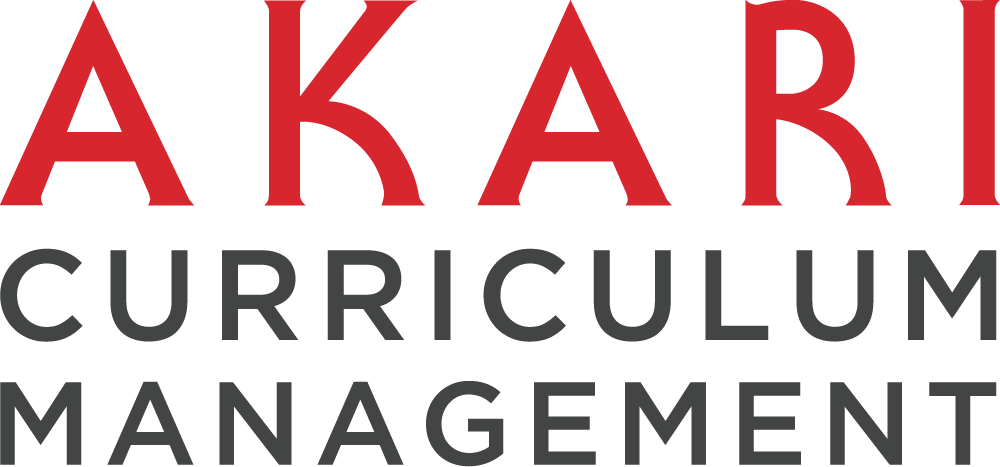Academic standards are the benchmarks of quality and achievement that govern the world of education. They are critical to maintaining a consistent, rigorous approach to teaching and learning.
Defining Academic Standards
Academic standards are explicit statements that describe the knowledge and skills students should possess at critical points in their educational careers. These benchmarks provide:
- A clear framework for evaluating student proficiency.
- Goals for educators to ensure students meet or exceed expected levels of mastery.
- Accountability measures for educational institutions.
These standards ensure that students across various schools and districts receive a consistent quality of education, irrespective of geographic or socio-economic differences.
Principles Underpinning Academic Standards
To grasp the functionality and implications of academic standards, it is crucial to recognize the foundational principles they rest upon:
- Equity and Clarity: Standards must provide equal learning opportunities for all students, detailing transparent learning goals accessible to educators, parents, and students alike.
- Rigorous and Ambitious: Such benchmarks ill-afford complacency; they must challenge students to stretch their cognitive capabilities and attain a deep understanding of subject matter.
- Relevance and Practicality: Academic standards should reflect the skills and knowledge necessary for success in higher education, careers, and civic life.
- Continuous Improvement: The nature of knowledge demands that standards evolve; hence, they should be regularly reviewed and updated to integrate contemporary educational research and practice.
Implementing these principles is paramount to ensuring that academic standards are more than lofty platitudes; they must be actionable drivers of superior educational outcomes.
Key Areas of Academic Standards
When dissecting academic standards, we can categorize them into several key areas. Each area represents a vital component of a well-rounded educational framework:
- Content Knowledge: Subject-specific standards that outline what students should know and be able to do in core subjects like mathematics, science, language arts, and social studies.
- Skills Development: Beyond content knowledge, standards must emphasize critical thinking, problem-solving, creativity, communication, and other 21st-century skills.
- Performance Metrics: Methods for assessing student performance relative to the standards need to be precise and fair to provide meaningful feedback.
- Professional Readiness: For those in higher education, professional standards also encompass the ethical and practical competencies required for their specific discipline and the workplace.
In conclusion, academic standards are the structural framework for building and sustaining educational quality. They crystallize the expectations for what should occur within the crucible of classrooms and lecture halls. For academics, adherence to these standards underpins the pursuit of excellence and the dissemination of knowledge with integrity and purpose.
Committing to these steadfast benchmarks, we uphold the quintessence of academic endeavour and fortify the foundations for our future scholars and leaders.
